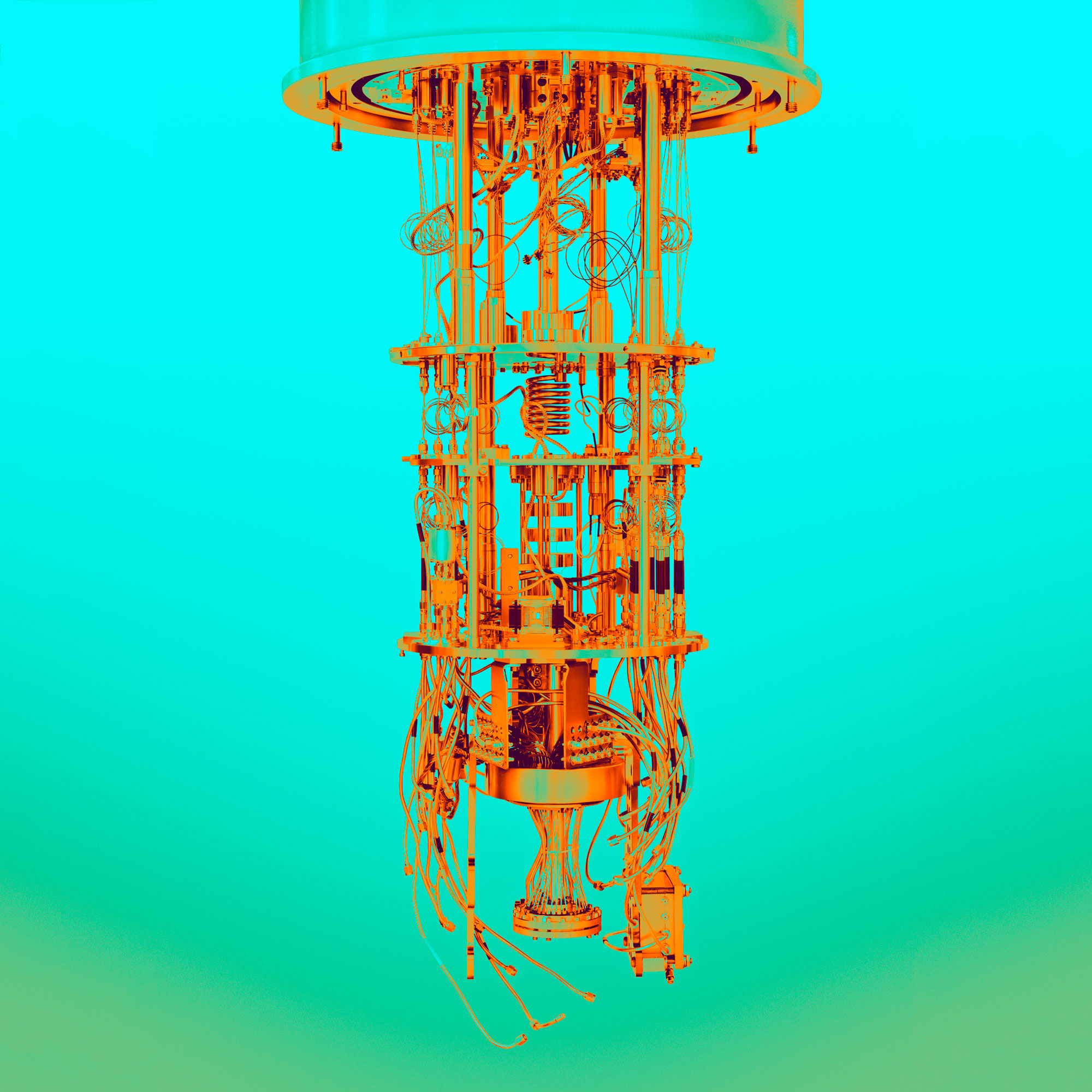The Ultimate Guide to BaoXing Bags
Explore the latest trends and styles in BaoXing bags.
Quantum Quandaries: What Happens When Computers Start Thinking Too Fast?
Discover the mind-bending implications of super-fast thinking computers and how they reshape our future. Dive into the Quantum Quandaries now!
Exploring the Limits: Can Quantum Computers Outthink Humanity?
As we delve into the world of quantum computing, a pivotal question arises: can quantum computers outthink humanity? While traditional computers process information in binary, quantum computers utilize the principles of quantum mechanics to perform complex calculations at unprecedented speeds. This advanced computational power allows them to tackle problems that are currently insurmountable for classical systems. For instance, they can optimize logistics, simulate molecular interactions, and even enhance machine learning algorithms, potentially revolutionizing various industries.
However, when considering the implications of quantum computing on human cognition, we must remain cautious. Although quantum computers can execute tasks that require immense processing power, they lack the emotional intelligence, creativity, and ethical reasoning inherent to humans. As we explore this fascinating intersection of technology and intellect, it's crucial to recognize that while quantum systems may exceed us in computational prowess, they do not possess the holistic understanding that defines human thought. In this sense, the question remains: can machines truly outthink humanity, or are they merely tools that amplify our capabilities?

The Quantum Speed Dilemma: Implications of Computing Beyond Human Limits
The Quantum Speed Dilemma presents a thought-provoking challenge as we delve into the realm of computing that exceeds human cognitive limits. With the advent of quantum computing, processing power is set to achieve speeds that could revolutionize various fields, from cryptography to complex modeling in science and finance. As these systems operate on principles of superposition and entanglement, the implications extend beyond mere speed—they redefine the boundaries of what problems can be solved. This rapid advancement raises critical questions about the ethical, social, and economic ramifications of a world where machines can outpace human decision-making, potentially leading to a future that is difficult to navigate without a clear framework for our interactions with these powerful technologies.
Moreover, the implications of computing beyond human limits are not just technological; they challenge our understanding of intelligence itself. As quantum computers become mainstream, they may enhance our abilities in fields like artificial intelligence, enabling machines to learn and adapt at unprecedented rates. This dichotomy between human and machine capabilities could exacerbate existing inequalities and lead to unintended consequences in job markets and privacy. The Quantum Speed Dilemma necessitates a collaborative dialogue between technologists, ethicists, and policymakers to safeguard against potential misuse and ensure that these innovations serve humanity rather than overshadow it.
What Ethical Questions Arise When Computers Think at Quantum Speed?
As computing technology advances at an unprecedented pace, the notion of computers processing information at quantum speed raises profound ethical questions. One significant concern is the potential for bias inherent in the algorithms that drive these quantum systems. If the data fed into these machines is skewed or reflects existing societal biases, the outputs could further entrench inequalities. Moreover, the decision-making capabilities of these systems could far exceed human comprehension, leading to situations where accountability becomes ambiguous. Who is responsible when a quantum computer's processing leads to unintended and potentially harmful consequences?
Another critical ethical dilemma revolves around the implications of quantum computing on privacy and surveillance. With their unparalleled speed and processing power, quantum computers could potentially crack encryption methods that currently safeguard sensitive information. This capability poses a threat to individual privacy, raising the question of how to protect citizens in a world where data security is continually compromised. Additionally, as quantum systems begin to automate functions traditionally performed by humans, we must consider the impact on employment and the rights of individuals whose jobs may be displaced by these advanced technologies.